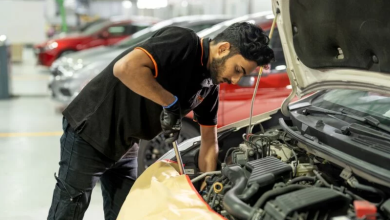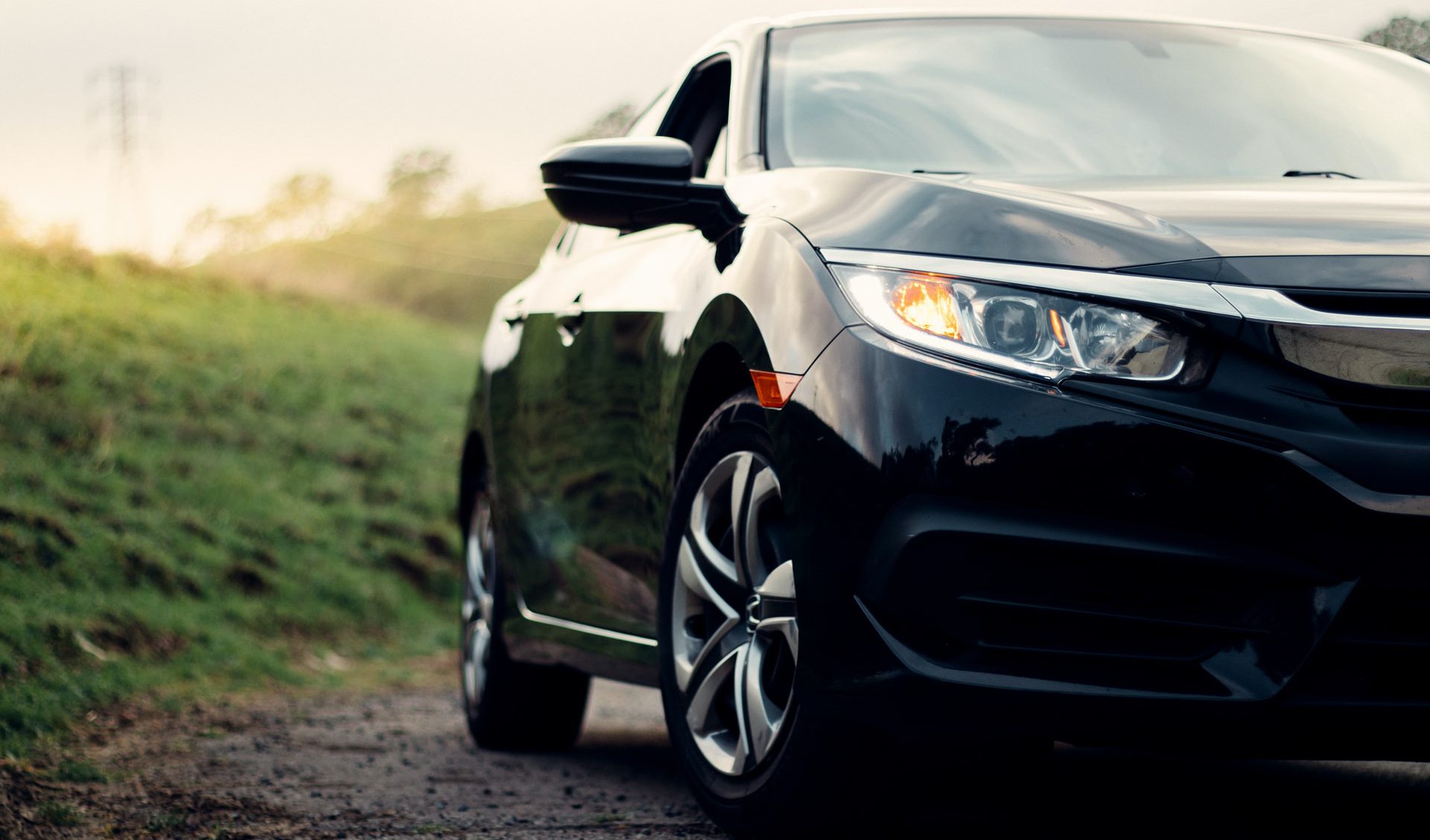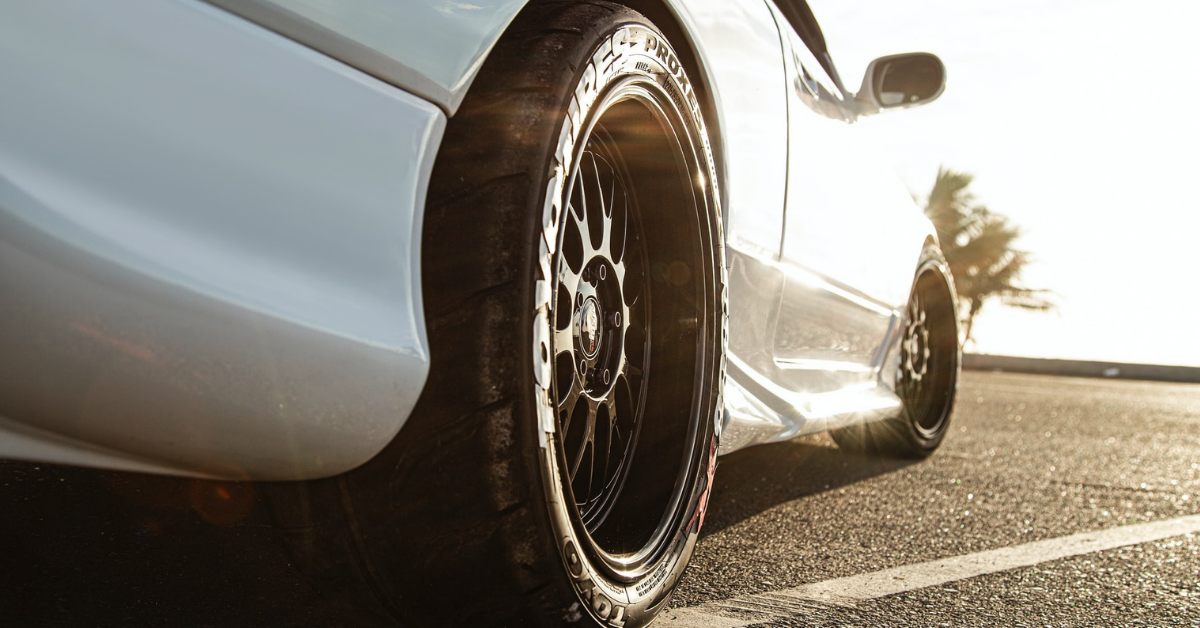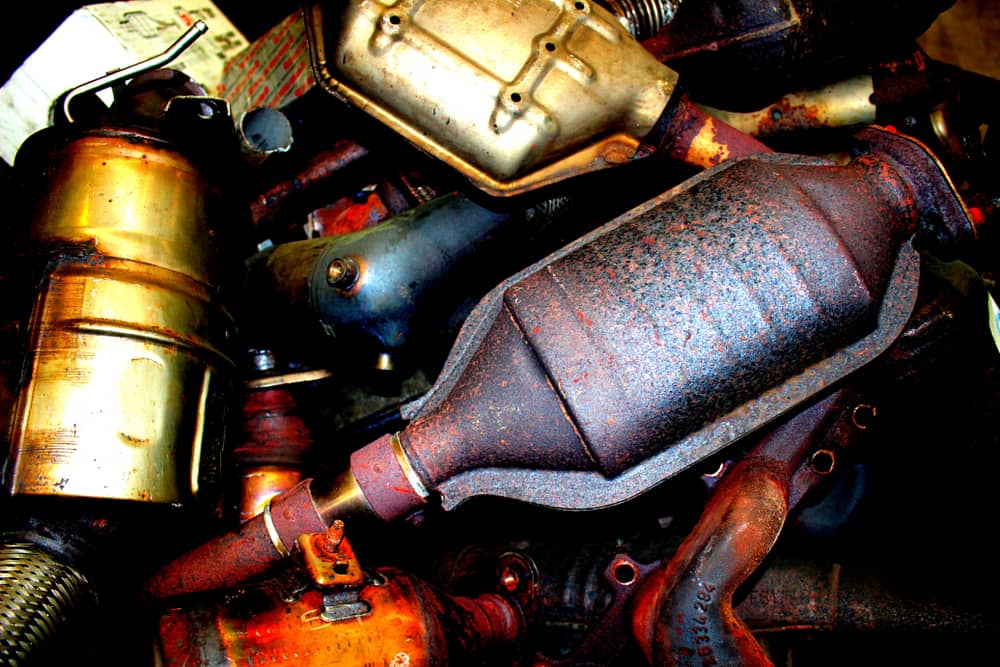Driving Your Way to Lower Maintenance Costs
All new cars have very strict maintenance intervals made to suit the average user and mileage of the vehicle. Some components like timing belts or tires are due to be replaced even if they are unused but old. However, sometimes, by carefully driving your car or driving it in a specific way, you can drastically reduce the wear of the components and prolong maintenance intervals, thus saving yourself some money and preserving your vehicle. Just follow these simple tips.
1. Avoid using your car on short trips
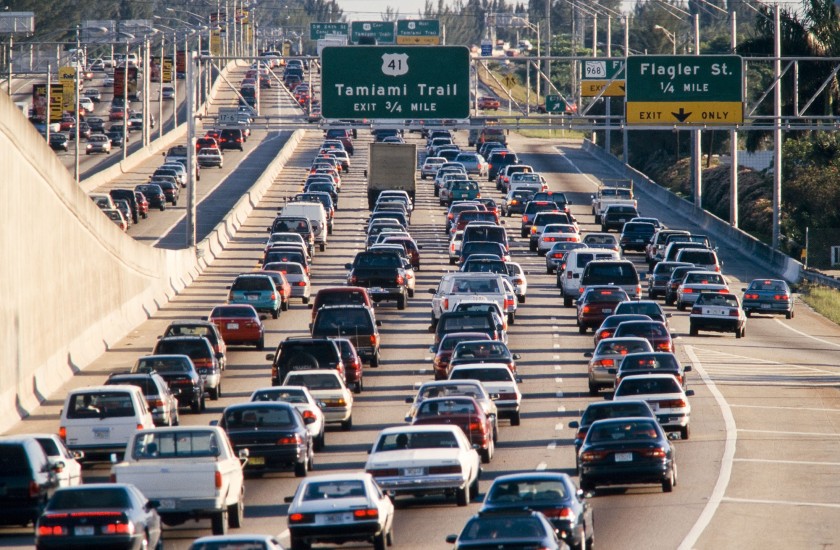
Short runs and city driving cause the most wear on your car and its components. Almost every part of the vehicle, like suspension, steering, engine or braking system is affected by short distances and/or city driving. If you want to save on your maintenance costs, use your car only on open highways and long distance driving. Not only you will squeeze more miles from your car, but you will also use less fuel and reduce wear of your vehicle to the minimum.
2. Warm up your engine
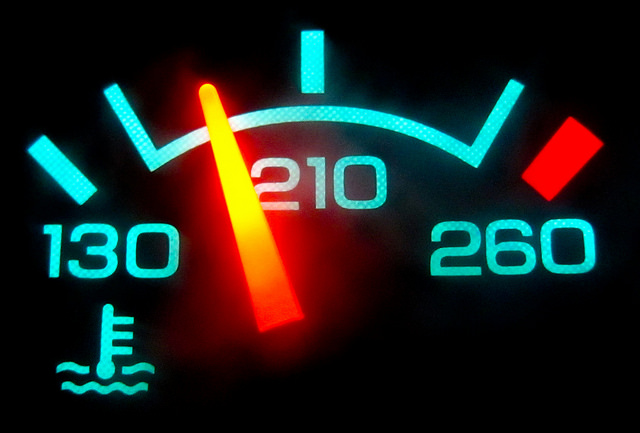
It doesn’t matter if you are living in warm or cold climate, before you drive away, you should warm your engine up. Even on a hot summer day, the engine temperature is far less than ideal since the working temperature of modern engines is from 70 to 90 degrees. Driving away with a cold engine makes moving parts like cylinders and valves more sensitive and makes your oil dirty faster than it should. Warming up before you go even reduces consumption and helps achieve better mileage.
3. Avoid driving on rough terrain

Modern cars are capable of enduring even the roughest terrains, but the price is paid when components are due to be replaced. By avoiding driving on rough or unpaved roads you’ll be doing yourself and your car a big favor. Not only you will preserve your suspension and braking system, but you will also keep your air filters clean and dust free. Replacing engine and cabin air filters is an essential part of regular maintenance, however, if you drive your car only on clean and paved roads, the lifespan of air filters can be prolonged beyond the manufacturer’s suggestions.
4. Do not drive aggressively
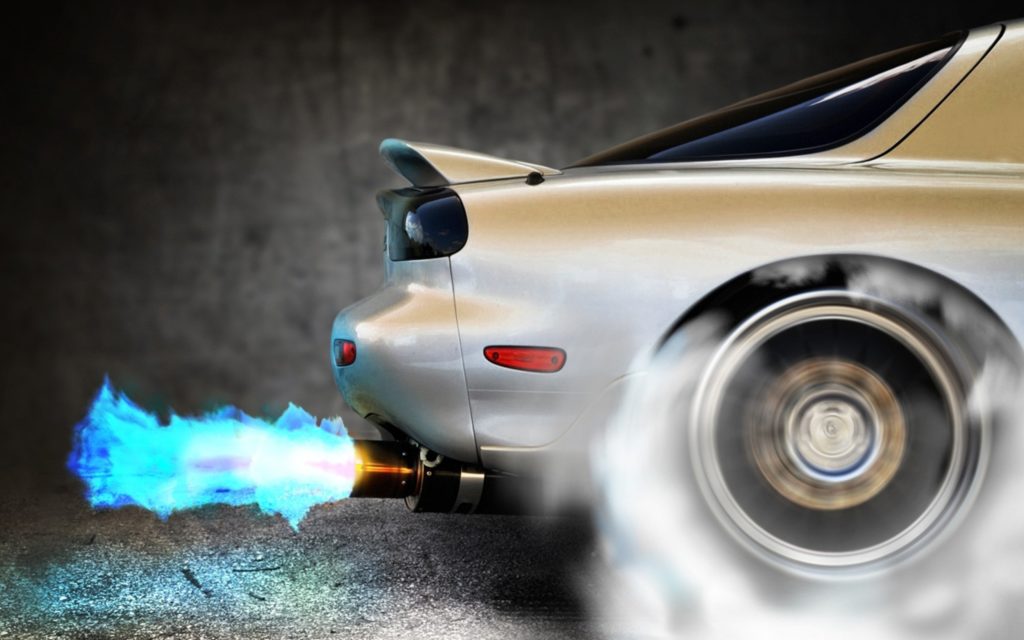
Driving aggressively is completely unnecessary, and it also reduces the life of your car components. For example, hard starts and hard braking will eat your brakes and tires. This means that you will need to change them even sooner.
Try to avoid pointless accelerations or breaking and plan your driving dynamics ahead. Everyday traffic is not a race and the stop light is not a starting line.
5. Check your tire pressure
![Driving Your Way to Lower Maintenance Costs [ File # csp14508928, License # 3117009 ] Licensed through http://www.canstockphoto.com in accordance with the End User License Agreement (http://www.canstockphoto.com/legal.php) (c) Can Stock Photo Inc. / Pixelia29](https://carro.sg/blog/wp-content/uploads/2017/02/chrismyersnissan.com_-1024x682.jpg)
Licensed through http://www.canstockphoto.com in accordance with the End User License Agreement (http://www.canstockphoto.com/legal.php)
(c) Can Stock Photo Inc. / Pixelia29

